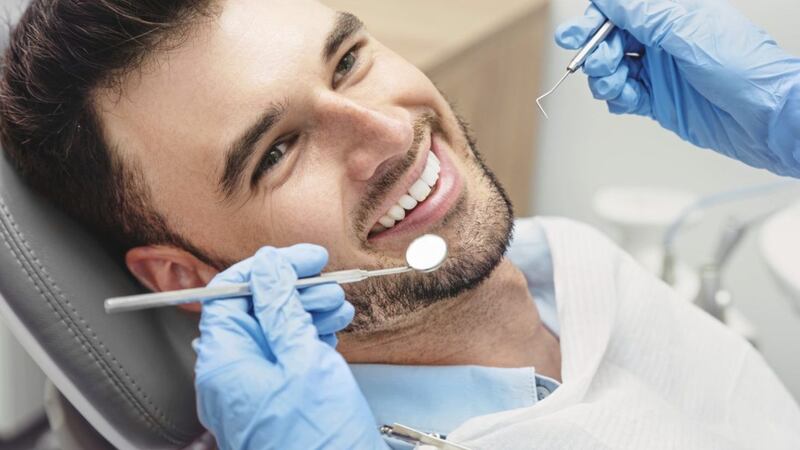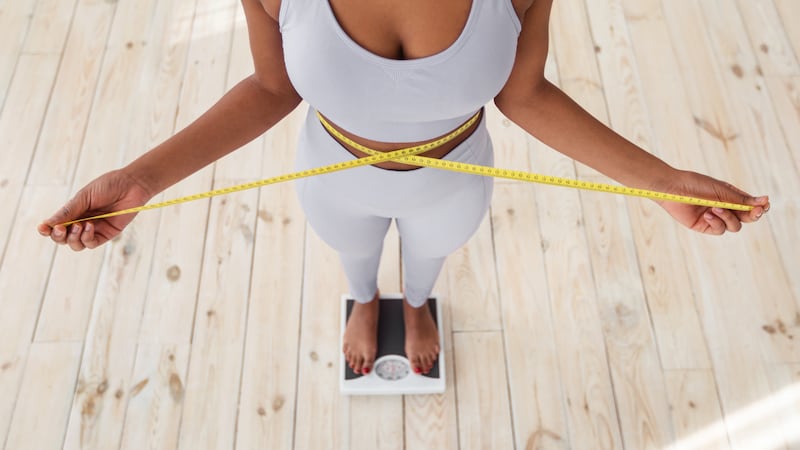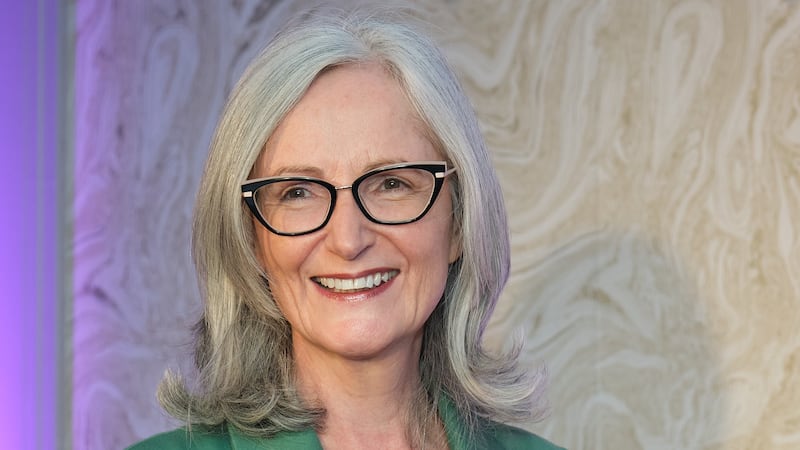DOORSTEP brace dentistry and dental hacks pinging around the internet sound great as they're easy, quick and cheap, so what's all the fuss from the dental community - surely just sour grapes?
The British Orthodontic Society and the Oral Health Foundation are so concerned about these styles of dentistry that they have launched a new campaign called Safe Smiles which is aimed at helping patients make safer choices when considering dental treatment.
Edmund Proffitt, chief executive of the British Dental Industry Association, another organisation supporting Safe Smiles, said: "With some unsafe and unregulated online and 'do-it-yourself' treatments available, and unfortunately, a number of unregulated practitioners offering treatments, we thoroughly recommend that patients engage directly with dental professionals to get the best, safest healthy smile."
Take, for example, when I look at photographs and X-rays of someone's mouth. I can only glean part of the information I need to decide the best way forward for a patient.
It's only when I feel a patient's joints, see how their teeth meet and move around, touch their teeth and gums and speak in depth with them that I can actually form a proper diagnosis and come up with an appropriate treatment plan.
If these types of steps are skipped, it's inviting a dental disaster. Smiles not only need to look straight, the teeth need to be placed in a certain position to function and for this the dentist needs to feel a person's jaw with their hands i.e. the patient needs to be sitting in a dental chair.
Dr Carter, chief exec of the Oral Health foundation expressed his apprehensions: "Attempting your own dental treatment at home is very dangerous.
"We have seen first-hand the severe and long-term damage that can be caused. Chemical burns, blisters, ulcerations, and swelling are just some of the consequences people have experienced.
"It also prevents any conditions from being diagnosed and treated in a timely manner. Diseases in the mouth that do not receive professional treatment are far more likely to develop into something far more dangerous."
Among other suggestions, the Safe Smile campaign is asking people to check that the dental professional they are having treatment from is registered with the General Dental Council UK and that you visit them in a dental practice.








